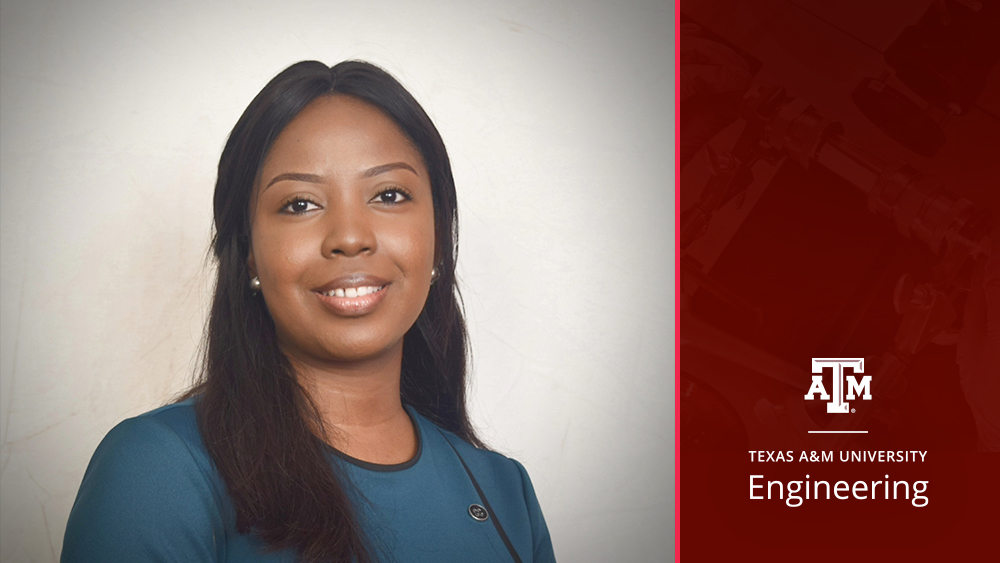
The Department of Multidisciplinary Engineering’s subsea engineering program at Texas A&M University is crossing oceans to connect with students like Adenike Ogunbode, a graduate student in the Master of Science in Subsea Engineering program.
She is currently taking classes virtually in her hometown of Lagos, Nigeria. After earning her bachelor’s degree in civil engineering, she began working in the subsea engineering industry, where she discovered her desire to plunge further into the subject.
“At first it was quite scary because I knew I didn't have a background in subsea,” said Ogunbode. “However, I think with engineers a lot of our skillsets are transferable. I still felt that a formal education was necessary for me, and this was why I decided to pursue a degree in subsea engineering.”
As a student in this program, she enjoys the opportunities it provides. Even from thousands of miles away, she has been exposed to various new experiences.
“I can't emphasize enough the exposure to the industry you receive from day one,” said Ogunbode. “There is a collaboration between your professors, and an emphasis on theoretical expertise and connections with world-class experts as well to provide you with a diverse experience.”
Subsea engineers battle harsh offshore environments to build structures that are thousands of meters below the sea surface. They are leaders in the oil, gas and renewable energy fields. As leaders, they stretch the limits of science and engineering.
“The subsea industry is phenomenal in that they have pushed boundaries in so many aspects of engineering,” said Ogunbode. “From the subsea development, we have gone in recent years where no man or machine has been before.”
Ogunbode specializes in subsea risers. Risers are vertical conduits that transport production fluid and injection fluids between the seabed and surface facility.
The program has inspired her to leverage her experience in subsea engineering into supporting offshore wind and the energy sector at large.
“I want to uncover a broader skillset, not just focusing on one specialization,” she said. “I say this because there are many opportunities to succeed in this industry.”
As she continues striving toward her master’s degree, she will take with her one key lesson, which she hopes to pass onto others.
“What this has taught me is that there is nothing called impossibility when you are in this industry because you see impossibility being broken, almost daily,” Ogunbode said. “I want to encourage people that creativity and innovation can break any boundaries that you believed were there.”